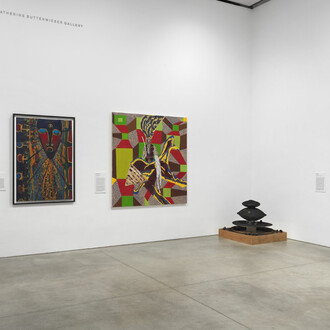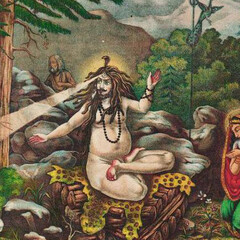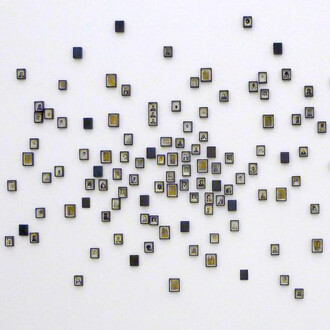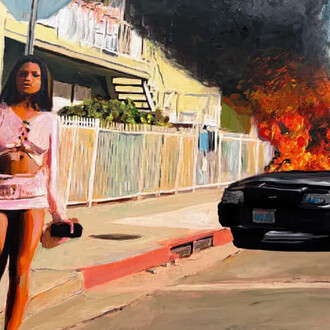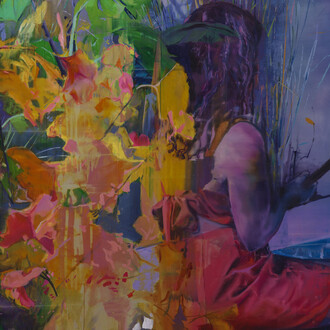Displaying works on paper by fourteen leading Spanish abstract artists, Cuenca: City of Spanish Abstraction examines many of the first artists associated with the now renowned Museo de Arte Abstracto Español. Founded in Cuenca, Spain by Fernando Zóbel in the 1960s during the repressive regime of General Francisco Franco, the Museo became a literal refuge for artists seeking an environment of collaboration and innovation. Perched in the “hanging houses” of the medieval city, the Museo supported resistance against the current cultural and political climate by providing artists practicing abstraction with workshops to create prints and galleries in which to display them. Featured in the exhibition are works by Fernando Zóbel, Gustavo Torner, Gerardo Rueda, Eusebio Sempere, Eduardo Chillida, Manuel Millares, Antoni Tàpies, Antonio Saura, José Guerrero, Manuel Hernández Mompó, Joan Hernández Pijuan, Pablo Palazuelo, Jordi Teixidor, and José María Yturralde.
The rarely exhibited prints, etchings, lithographs, artists’ books, and serigraphs in Cuenca highlight Spanish abstraction’s embrace of a medium in danger of disappearance due to the lack of financial and cultural support for the arts under the Franco dictatorship. The Museo’s collection, donated to the Fundación Juan March in 1981, remains a hallmark of this achievement.
The installation of City of Spanish Abstraction includes a video filmed in Cuenca that chronicles the Museo’s formation. The exhibition is accompanied by a publication with essays by Elizabeth Thompson Goizueta and Manuel Fontán del Junco. Organized by the McMullen Museum in conjunction with the Fundación Juan March, the exhibition has been curated by Elizabeth Thompson Goizueta with major support from the Patrons of the McMullen Museum.









